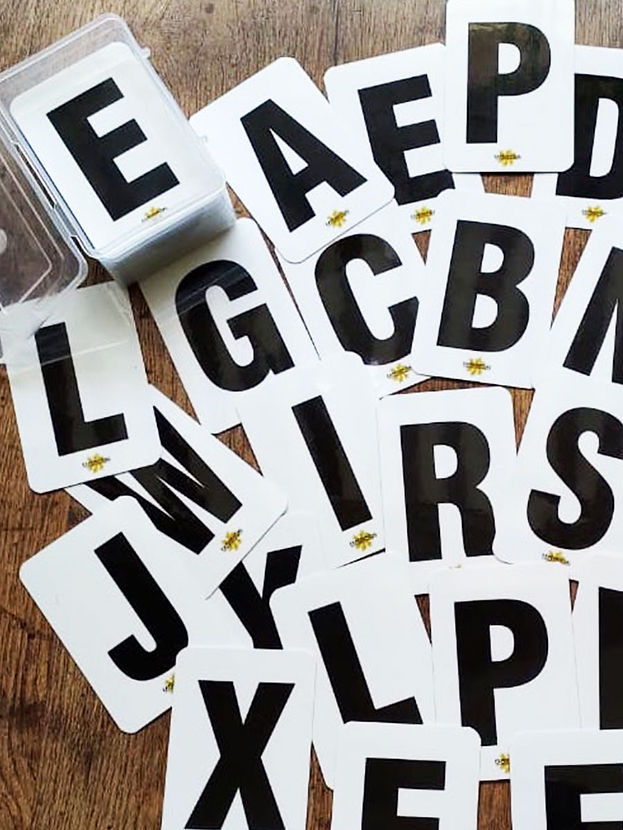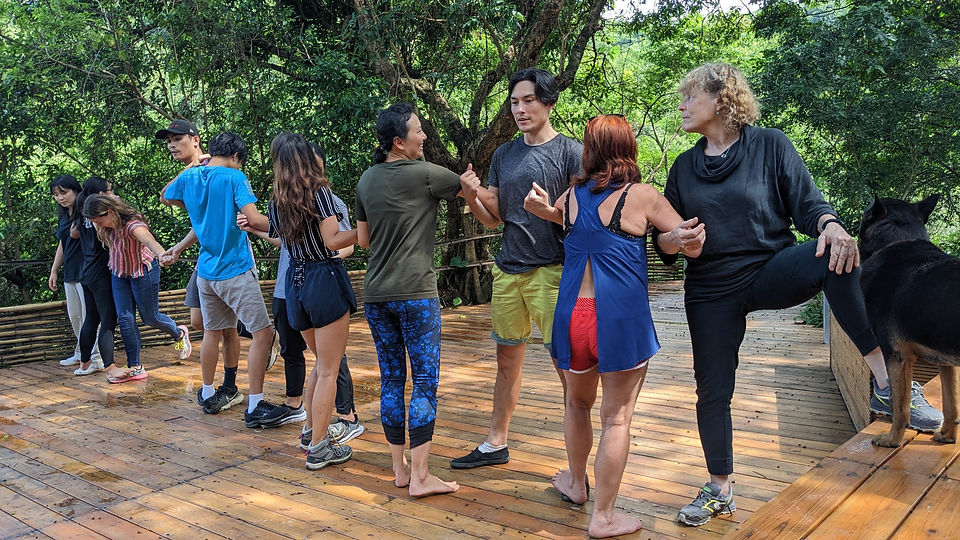
BUILDING LEADERSHIP
in the
CONSCIOUS PRACTICE
of
EXPERIENTIAL EDUCATION

Experiential Principles In Practice
The EPIP course is a result of requests from participants who cannot travel for the in-person course to Pune, and at other courses i ran in Hong Kong and Australia.
Almost always i use the methodology to get participants to experience how the principles of experiential education play out in practice when its an in-person course.
Most educators have 'organically' practiced or experienced many of the principles. Its like the alphabets thrown around a space, and having to find the correct ones to articulate what that experience was! Thats a hard task!
The course may help in articulating some of that and bucketing them into 4 categories:
-
What are the dimensions of Experiential Education? What does the BIG picture look like?
-
What are some Learning theories that are applicable to the methodology?
-
How can we make Reflection a rich experience?
-
What are some things to remember while in Practice?
01 THE BIG PICTURE
Attempting to define Experiential Education as a methodology.
-
What is it's nature?
-
What is it's purpose?
-
What is it's power?
-
What elements does it include?
-
What's the difference between Activity and Experience?
-
What are the levels of 'Experience'?
-
Is there a way to sequence activities to improve the Experience for participants?
02 ABOUT LEARNING
There are many theories about how learning happens. We will look at some that are relevant to experiential methodology.
-
What conditions enhance the learning process?
-
What can we intentionally do to support participant's learning?
-
What role does the educator play in the learning process besides delivering Content?

03 CONDUCTING REFLECTION
As educators, too often we want to control the outcomes for the learner. Helping learners consider what they are going to do, why they are going to do it, and how they are going to do anything supports the learning process. Otherwise life just happens to us.
-
How many ways are there to conduct a reflection session?
-
When does asking questions help most?
-
What kind of questions can we ask?
-
What do those questions sound like?
04 THE PRACTICE
Creating environments to get participants to learn is part of the methodology. Besides the Place, The learning environment includes the educator - in fact the educator is a BIG piece in the puzzle.
-
An understanding of How we influence the learning will help support the learning process.
-
What can we consider about ourselves that will help enhance the experience for oneself and so the participant?
-
Some ideas on what educators can specifically practice to enrich the learning environment.

6 sessions x 2hrs 30 mins
27th January 2024
10th, 24th February 2024
9th, 23rd, 30th March 2024
30,000 INR
500 SGD
600 AUD
350 USD
1000-1230 India
1230-1500 Singapore
1530-1800 Melbourne